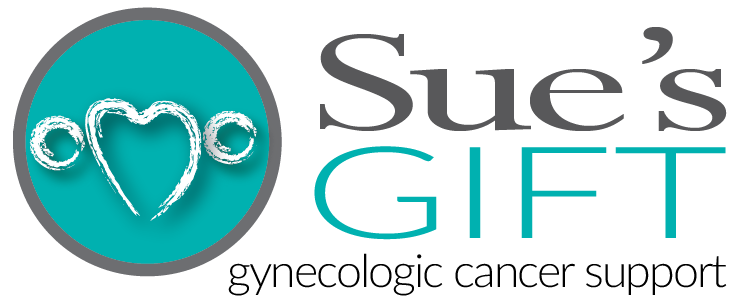It All Counts
“We’re all worried that our things don’t count, but it all counts.”
Image Credit @J_Taubitz
I’ve lost track of the number of times I’ve listened to another’s story of distress, fear, or grief. Each one shared with me that when talking to someone about what they were going through, the typical response went something like this, “Well, let me tell you about…my cancer diagnosis, my cousin’s cancer diagnosis, my ex, my dysfunctional boss, my struggle with depression, my loss, etc., etc.”
While I believe friends have good intentions and are trying to be supportive and helpful, the end result is usually the opposite. The person initially sharing her experience consequently doesn’t feel supported or heard and often feels discounted, typically, by a one-upmanship response. (Your experience is obviously worse than mine, so mine doesn’t count.)
Kate Bowler was a Duke Divinity School historian when, at age 35 and as a new mom, she was diagnosed with stage IV colon cancer. She says that many of us disqualify ourselves from grief because we don’t feel like our losses are big enough, or tragic enough, or “problem-y enough.” I’ve heard more than one cancer patient discount her own experience because she only needed surgery and didn’t have to go through chemotherapy or radiation therapy, or because she took oral chemotherapy, not IV chemotherapy, and therefore she felt her experience wasn’t legitimate because it was less difficult.
Is it harder to lose a beloved spouse after 60 years of marriage or harder to lose a spouse after three years, knowing there won’t be many cherished years together? Is it harder to be divorced after 40 years or after 10? Is it harder to have a cancer diagnosis or be on dialysis? Is one more overwhelmed raising three children or one child? Is moving after being in one place 20 years harder than moving every 18 months? Which situation is harder?
Of course, asking which one is harder serves no purpose because each can be hard or painful. Doug Manning, who is well-known in the grief field says, “Grief comes in only one size: Extra large.” On a pain scale of 1-10, my pain might be a 4, and yours might be an 8. But we both may be going through as much pain as we can stand. The number doesn’t matter – it all counts.
Grieving losses, whether big or small (and not discounting them), is necessary as it allows us to move toward healing…physically, if possible, and most definitely, toward healing emotionally, spiritually, and psychologically. “Grief is such an important place to stay,” says Bowler, “to help us face the reality of our lives. And I don’t mean the terrible reality, just the reality.” For some, the reality of a cancer diagnosis may be just a bump in the road. But for others, it feels like a mountain.
If you’ve ever felt discounted, don’t let anyone tell you your pain, your loss, your feelings aren’t good enough, tragic enough, large enough, consequential enough. You are where you are, and you feel what you feel. Feel the feelings, grieve any hurt and losses, then decide what you can let go and how you can move forward.
Author Leslie Garrett writes, “We can move through that grief and emerge somewhere on the other side…It won’t be neat and it won’t be easy. But it also won’t be wrong.”
Click the ▶ play button below to listen to this blog post, read aloud by the author Sherry Martin, LCSW, Patient Services Director at Sue’s Gift.
Download the PDF companion worksheet or request a digital worksheet to complete on your computer. This worksheet empowers you to identify situations in which you felt discounted, learn what to say and not say to another to be supportive and validating, and let go of what doesn't comfort and empower you.
Leave feedback for the author here. (Comments are not posted online.)


